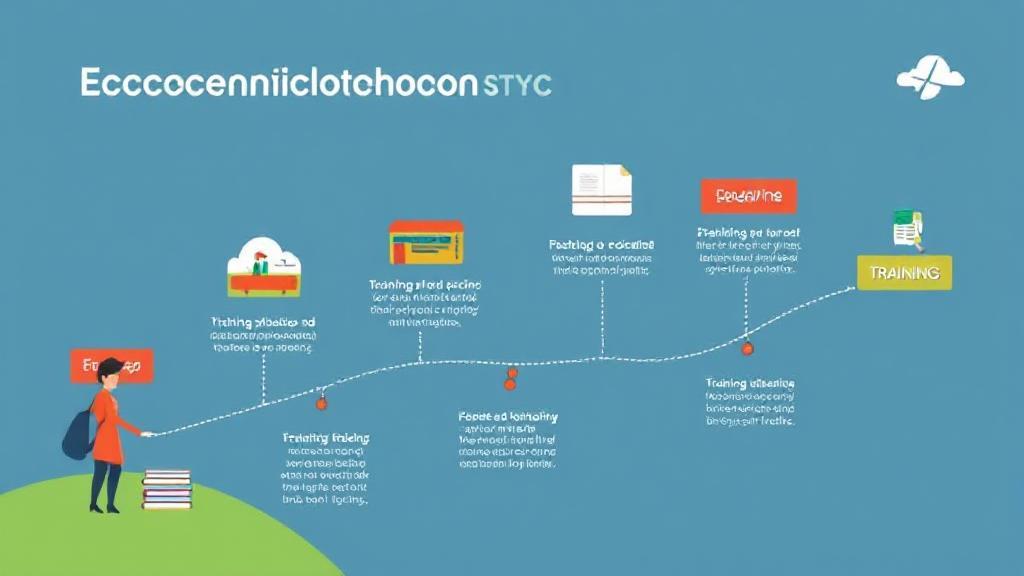Introduction
Becoming a psychologist is a rewarding career path that involves understanding human behavior and helping individuals improve their mental health. The journey requires careful planning, dedication, and a significant commitment to education and training.
Educational Pathway
1. Bachelor's Degree (4 years)
The first step is obtaining a bachelor's degree, typically in psychology or a related field. While some students choose other majors, having a strong foundation in psychology is beneficial. Key components include:
- Core Psychology Courses: Research methods, statistics, developmental psychology, cognitive psychology, abnormal psychology, and social psychology
- Research Experience: Participating in research projects or laboratory work
- Extracurricular Activities: Psychology clubs and volunteering in mental health settings
- Maintaining a competitive GPA (typically 3.0 or higher)
2. Graduate School Preparation
Before entering graduate school, aspiring psychologists should:
- Take the Graduate Record Examination (GRE)
- Obtain letters of recommendation
- Gain relevant experience through internships or research assistantships
- Write compelling personal statements
- Research and apply to multiple graduate programs
3. Master's Degree (Optional, 2-3 years)
While not always required, a master's program allows students to:
- Strengthen academic credentials
- Gain additional research experience
- Explore specialization options
- Build professional networks
4. Doctoral Degree (4-7 years)
A doctoral degree is essential for becoming a licensed psychologist. There are two main types:
Ph.D. (Doctor of Philosophy)
- Research-focused
- Emphasizes psychological theory
- Usually includes teaching experience
- Typically requires a dissertation
Psy.D. (Doctor of Psychology)
- Practice-focused
- Emphasizes clinical skills
- More practical training
- Usually requires a doctoral project
Clinical Training and Licensure
1. Internship (1 year)
An APA-accredited internship is crucial and includes:
"The internship year is where everything comes together – theory, research, and practical skills merge into real-world application."
- Direct client contact
- Supervision meetings
- Case conferences
- Documentation practice
- Specialized training opportunities
2. Post-Doctoral Fellowship (1-2 years)
Most states require a post-doctoral fellowship, involving:
- Supervised clinical work
- Additional specialized training
- Professional development
- Preparation for licensure
3. Licensure Requirements
The final steps include:
- Passing the Examination for Professional Practice in Psychology (EPPP)
- Completing state-specific requirements
- Submitting documentation of supervised hours
- Passing state jurisprudence exams
- Applying for state license
Timeline Summary
Specializations
Psychologists can choose from various specializations, including:
- Clinical Psychology
- Counseling Psychology
- School Psychology
- Industrial-Organizational Psychology
- Neuropsychology
Continuing Education
After licensure, psychologists must maintain their credentials through:
The total timeline typically ranges from 10-12 years. Requirements may vary by state and specialty area, so research specific requirements for your intended career path and location. For more detailed information, visit the American Psychological Association, National Association of School Psychologists, or American Board of Professional Psychology (ABPP).
